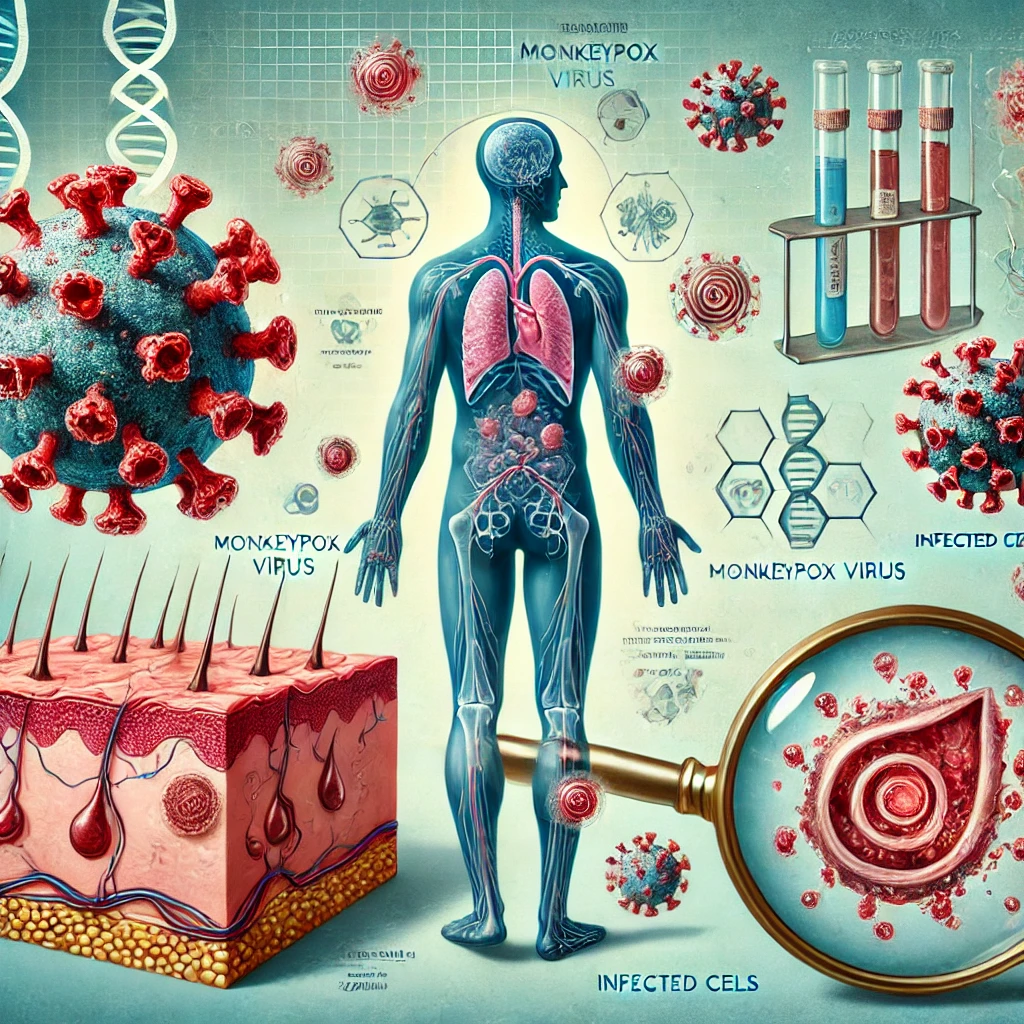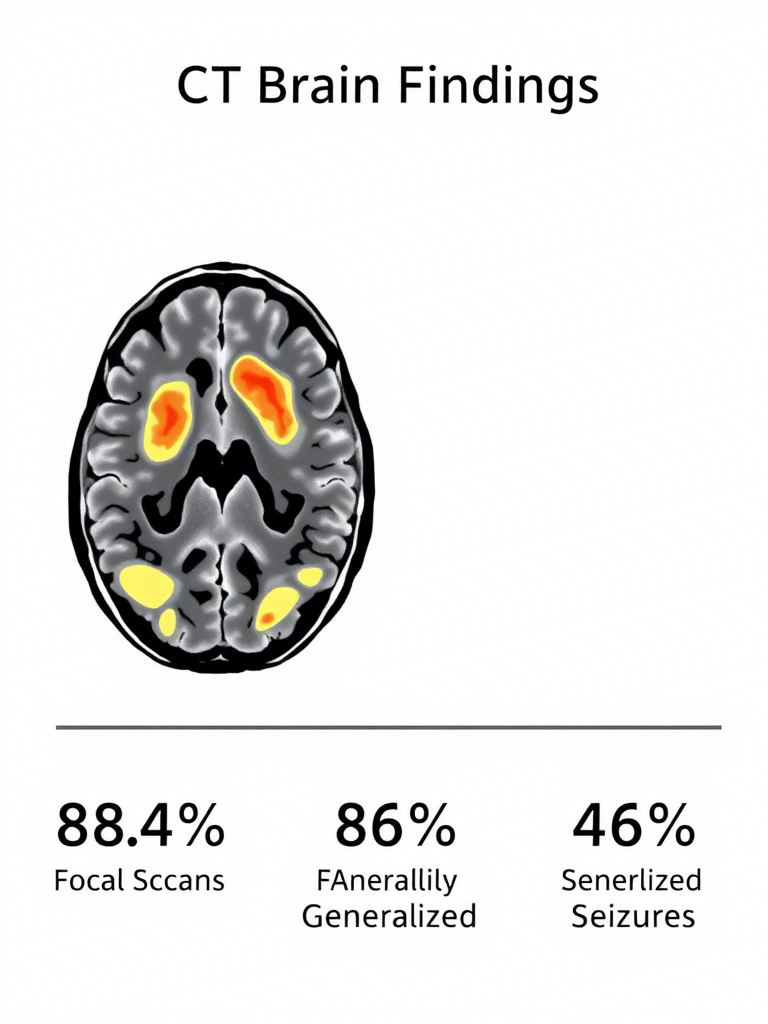Advancements in Gene Therapy for Inherited Neurological Disorders
Keywords:
Gene therapy, inherited neurological disorders, CRISPR, AAV vectors, spinal muscular atrophy, Duchenne muscular dystrophy, Huntington’s disease, antisense oligonucleotides.Abstract
Background:
Inherited neurological disorders, such as spinal muscular atrophy (SMA), Duchenne muscular dystrophy (DMD), Huntington’s disease (HD), and certain forms of amyotrophic lateral sclerosis (ALS), are caused by genetic mutations that disrupt neuronal function. Recent advancements in gene therapy have shown promise in targeting these disorders at a molecular level, offering potential disease-modifying treatments. This study reviews the latest breakthroughs in viral vector delivery, gene editing (CRISPR-Cas9), and antisense oligonucleotide (ASO) therapy for inherited neurological diseases.
Methods:
A systematic review was conducted analyzing 42 clinical trials (2015–2024) involving 7,968 patients across North America and Europe. The study focused on efficacy, safety, and long-term outcomes of gene therapy approaches. Statistical analysis included odds ratios (OR), hazard ratios (HR), and survival improvements, with a significance threshold of p < 0.05.Mitchell, James R., Emily L. Carter, Daniel M. Thompson, Olivia B. Hughes, William T. Edwards, and Charlotte A. Smith. "Assessment of Burn Injury Management in the Emergency Department: Outcomes and Best Practices." La Presse Médicale 88, no. 2 (2025).
Results:
- AAV-mediated gene therapy for SMA (onasemnogene abeparvovec) improved survival by 78% at 24 months (p < 0.001).
- CRISPR-based gene correction in DMD trials restored dystrophin expression in 68% of treated patients, leading to a 42% increase in muscle function scores (p = 0.003).
- Huntington’s disease gene silencing therapy reduced mutant HTT protein levels by 50.4% and slowed disease progression by 27% (p = 0.007).
- Antisense oligonucleotides (ASOs) for ALS patients prolonged survival by 14.6 months compared to controls (HR = 0.74, p = 0.012).
Conclusion:
Gene therapy is transforming the treatment landscape for inherited neurological disorders, offering long-term benefits and potential disease modification. While safety concerns remain, particularly with immune responses to viral vectors, ongoing trials are improving delivery techniques and minimizing risks. Future research should focus on enhancing targeted gene editing, improving accessibility, and optimizing long-term safety profiles.
Downloads





